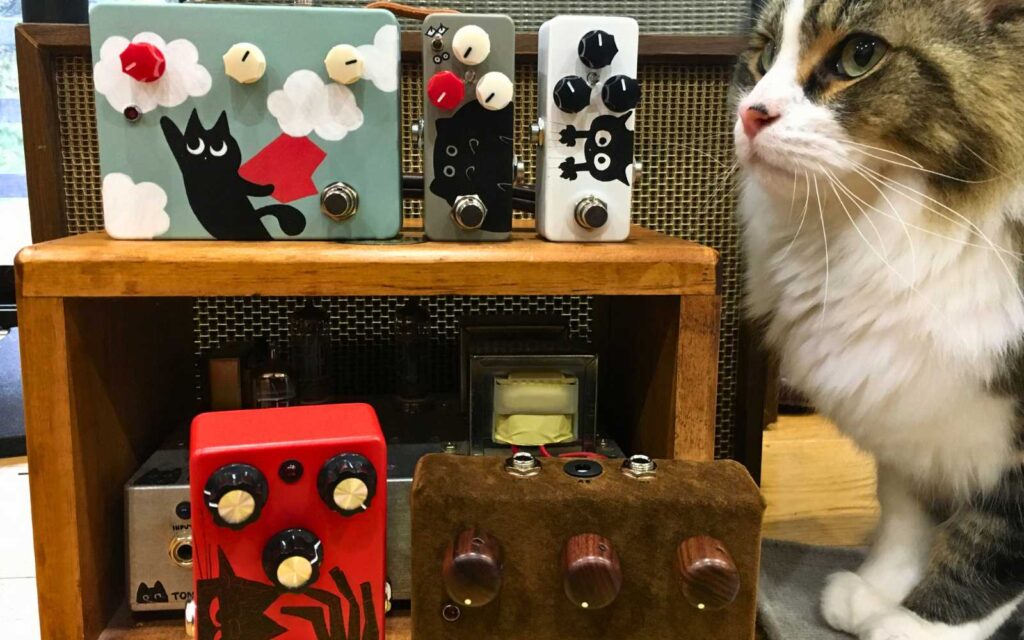“I haven’t had a method or ritual,” Harper explains. “It’s incredibly mysterious, the process. I’ve never had any one particular charm or object of focus that I thought would bring out the better part of songwriting other than a blank piece of paper and a pen. I try to keep writing until I feel that it’s something that’s either uniquely me, or uniquely said. A song that’s a keeper has a certain texture to it that informs your senses, and the way that it informs you ends up being your metric. It ends up being what you’re reaching for, where you set the bar.”
He raises an interesting point, and makes you wonder about his aspirations for writing. Is the weight focused on finding something unique to say – something that hasn’t been phrased in such a way before – or is it more important to say something that’s truthful of yourself? He thinks for a time before replying.
“Those are two important ways to write a song. To say something that is unique in the entirety of songwriting, to say something that’s unique to you, to make a contribution to the genre that you’re working in – or maybe you aren’t writing in a genre, even better – the power is in the mystery. If the mystery of songwriting were revealed, we’d move on to some other artform.
“That’s why it is a fascination. The way the words pair and fit with melody, and then turn into something that turns into something larger, or that has the potential to grow. What makes it unique could simply be that it’s catchy, that it’s rhyming in a unique way. It could be the challenge of not rhyming. I have a couple of songs that don’t have one rhyme in the entirety of them, and that’s always fun to flesh out. So you do have to kind of burn the rule book every time you’ve made a record, and not be held to pop constraints – or any songwriting constraints.”
Though it may seem an odd segue, exploring (and surmounting) writing constraints seems to be something Harper is keenly interested in as the conversation veers into literature. An enthusiastic David Foster Wallace fan, Harper’s reading and writing tools are geared to the innovative and imaginative (Murakami is also high on his list), in addition to the crafting of lived experience. When he starts speaking of John le Carré, it doesn’t take long to see the connection.
“le Carré is a fascinating cat who writes about espionage in the Cold War. He’s lived some of that, because he’s ex-British Secret Service, but a lot of it is also from the seat of his pants. Bottom line is, the minute you sing it, it’s appropriate to you whether you’ve lived it or not. Some things I haven’t lived, I’ve written, and then lived down the line. There’s a certain element of foreshadowing that goes on in the writing process at times. There’s a line in the most recent album, the title track, that’s directly about Charlie’s mother’s murder. I very hesitantly but purposefully wrote around what happened and presented it to Charlie, which he ended up singing. That very poignant and powerful verse, it’s the verse that closes the song. So you can witness it being lived, and thereby live it by proxy. Again, you burn the rule book after every song.
“One thing that won’t change is, you will get back what you put into it. And as you grow older, you have to work that much harder at all of it. But if you continue, what you put into it will feed back to you – as long as you’re disciplined enough to stay after it.”
No Mercy In This Land is out now via ANTI-.






